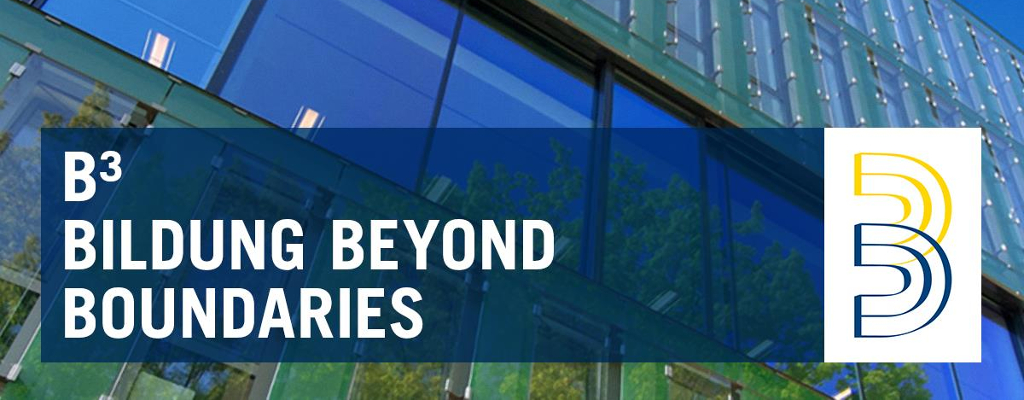Mainz University and RWTH Aachen University have cooperated with Jacobs University to integrate intelligent learning group formation into Jacobs University´s innovative, interdisciplinary teaching and learning concept. The goal is to foster learning success and satisfaction for cooperative learning in higher education. The application of a Moodle plugin on group formation will be adapted to the circumstances and requirements at Jacobs University. We started analyzing cooperative learning scenarios at Jacobs University with respect to learning goals, task properties, as well as instructors’ and students’ experiences with the status quo and their respective needs. The results informed improvements of the plugin to optimally fit the needs at Jacobs University. The application of the plugin will be accompanied by design-based research methodology to advance our understanding of the optimal composition of learning groups and to rigorously evaluate the intervention effect of the plugin.
Technical advancements supported by the AMIGO project include:
- Interdisciplinary groups: Instructors can define criteria that the algorithm has to consider (e.g., at least one student from subject A and one student from subject B in each group)
- Choice of questionnaires: Instructors can choose from a set of predefined questionnaires that will be used for group formation
- Minority protection: The algorithm makes sure that members of minorities are well represented in learning groups (e.g., at least two members of a minority in one group or none).
- Language compatibility: Groups can be formed based on their preferred spoken language.
Instructors can manually reorganize groups in case of language barriers. This list of new features will be adjusted and extended to the needs of Jacobs University’s instructors.
After completion of this project, the tool will be integrated into the e-learning system at Jacobs University and will hence be ready for all instructors to use it in their courses.
Students who have expressed interest and approval of this method have made the following comments: the algorithm is ”more efficient” ; allows for ”quick group formation” and ”prevents stress in group formation.
Currently, we are conducting empirical studies in several seminars and lectures at Jacobs University, Mainz University, and RWTH Aachen University. The next steps will be data analysis and publication of the results. Further, we are working on the improvement of the plugin and preparing it for the roll-out at Jacobs University’s learning management system.
Project Chair: Henrik Bellhäuser (Johannes Gutenberg Universität Mainz)
Collaborators: Peter Baumann, Sonia Lippke and Stanislav Chankov (Jacobs University) and Rene Röpke (RWTH Aachen University).

Dr. Henrik Bellhäuser
Johannes Gutenberg-Universität Mainz
Dr. Peter Baumann
Jacobs University
 Dr. Stanislav Chankov
Dr. Stanislav Chankov
Jacobs University

Prof. Dr. Sonia Lippke
Jacobs University

M.Sc. René Röpke
RWTH Aachen University




 Dr. Stanislav Chankov
Dr. Stanislav Chankov
